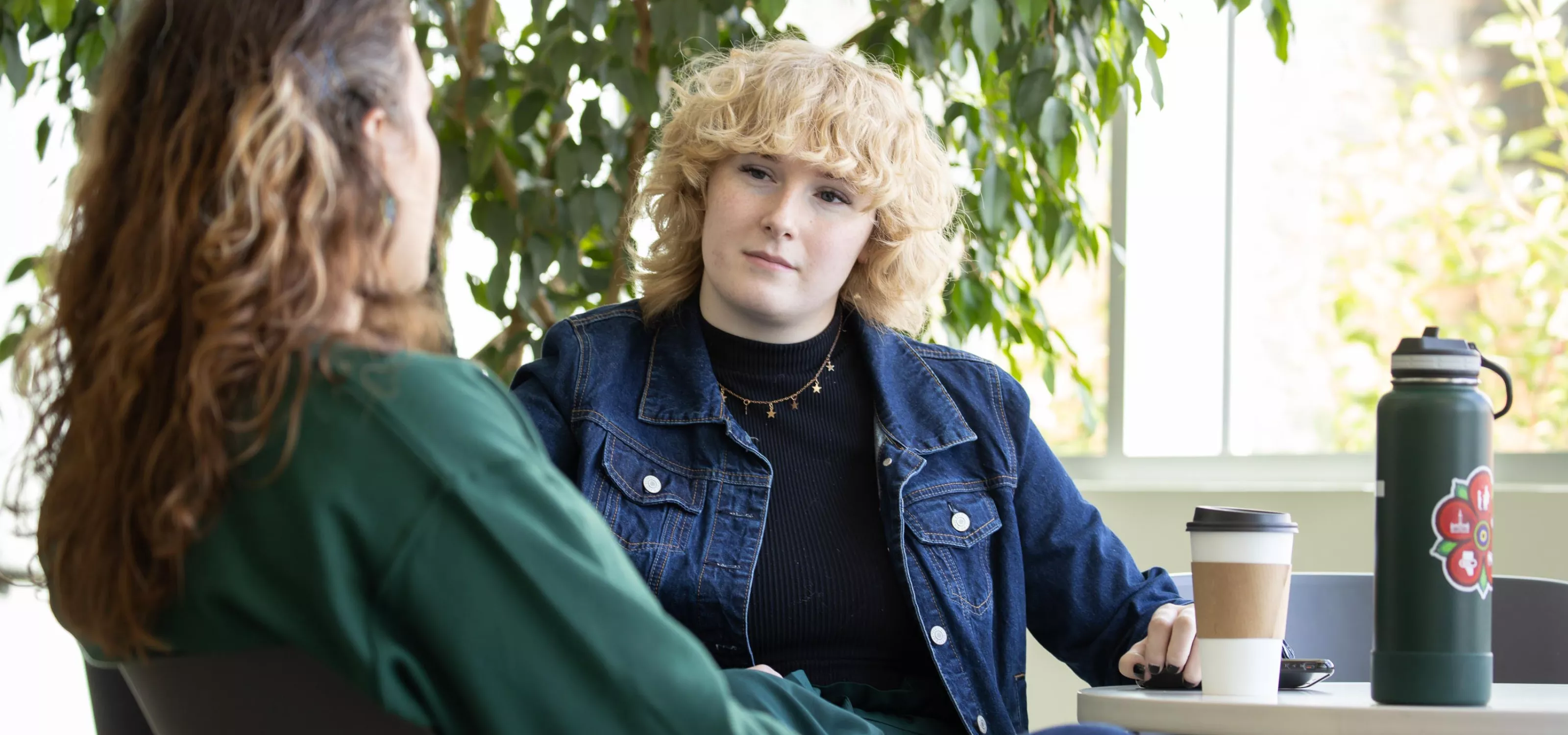
Indigenous Care Foundations Micro-credential
About the Indigenous Care Foundations Micro-credential
In the Indigenous Care Foundations micro-credential, you will gain valuable knowledge and skills that will help you positively impact the lives of Indigenous peoples. Get ready to explore the rich history and traditions of Indigenous cultures, as well as learn about the holistic approach to healthcare using the Medicine Wheel. You will also develop your interpersonal communication skills, which are essential when working with diverse communities.
Our curriculum covers common mental health issues faced by Indigenous Peoples in Canada and equips you with strategies to identify and address health concerns.
Additionally, you will learn about culturally safe activities and practices using Virtual Reality. We are confident that you will thrive and make a meaningful difference in the lives of those you serve!
Program Content
Introduction to Indigenous Health
This course introduces the history of Canadian Indigenous peoples. Learners will define and explore the concepts that have resulted in the loss of culture, health disparities and barriers Indigenous people face in accessing health care in Canada.
Holistic Caring
In this course, learners will examine the concept of holistic and culturally safe care from an Indigenous perspective. While gaining an understanding of the medicine wheel and its application to health care, learners will identify ways to promote the health of Indigenous Peoples.
Interpersonal Communication
Respectful and effective communication is key to building relationships with Indigenous Peoples. Learners will explore and practice different types of communication through a culturally safe lens. While incorporating reflective practice, learners will learn to apply the elements of family-centred care, informed choice and respect to all of their interactions.
Older Adults
Older Indigenous adults require specialized and culturally safe care. This course will explore the aging process, and learners will identify strategies and resources to support Indigenous people in aging safely and independently in their homes or communities. While learning about the significance and importance of home visiting, learners will practice strategies to provide culturally safe care to older Indigenous adults.
Mental Health and Addictions
The well-documented history of trauma and discriminatory policies has impacted the mental health of many Indigenous Canadians. Through an exploration of historical trauma, learners will gain an understanding of the common mental health issues impacting many lives. Using a holistic view of mental health, learners will explore the etiology, symptoms, treatment and prevention of mental health issues.
Patho-Pharm
A solid understanding of pathophysiology and pharmacology is imperative to providing safe care. Learners will discuss common health issues experienced by Indigenous Canadians. Through an exploration of body systems and terminology, learners will identify common health issues, medication treatment and strategies to promote health, and professional needs and develop an action plan to support short and long-term work and personal growth.
Basic Care of the Indigenous Patient
Supporting Indigenous persons to complete their activities of daily living is an important part of providing care. Learners will gain the knowledge and skills necessary to provide a range of activities of daily living including safety, grooming and general assessment. Care will be explored through a cultural lens and learners will apply their knowledge of culturally safe care to their interactions with Indigenous people.
Working Alongside Indigenous People
The culmination of learning will result in an ability to work alongside Indigenous Peoples in a safe, holistic, and culturally competent way. Learners will demonstrate their knowledge of Indigenous culture and their ability to practice in a culturally safe, ethical and professional manner. Learners will recognize the barriers to accessing health services for diverse groups of Indigenous people and promote health in culturally safe ways. While continually engaging in self-reflection, learners will practice the skills of therapeutic communication.
Completion Requirements
Learners must successfully complete all eight courses with a passing grade of 65% for each course.
Admission Requirements
There are no admission requirements for this course.
Additional Requirements
Technology Requirements
Learners will require a computer/laptop with reliable internet. There are no textbooks required for this course.
Program Cost
Financial Aid Options
Student life can be very expensive, and few individuals have enough money to pay up-front for their post-secondary education.